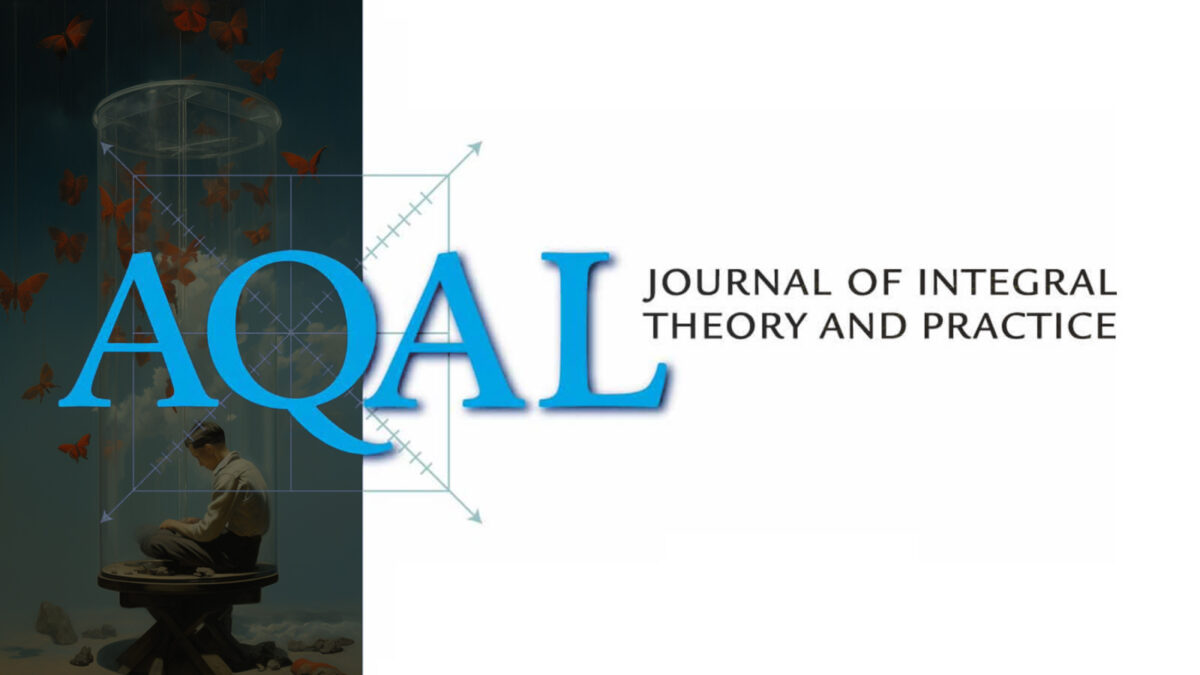Abstract
This article describes seven years of research on an ongoing experiment that fosters the development of individuals and groups through an integrally informed educational program called Generating Transformative Change (GTC). A progressively targeted developmental action research project involving seven cohorts is described and the conclusions about three of these participant groups, involving a total of 30 people, are presented. Participants were given the Sentence Completion Test international, Maturity Assessment Profile (SCTi-MAP) upon entering the GTC program. Six months after completion of the program, participants were tested again. This article describes the individual and group developmental changes measured by these tests over a period of two years. Findings indicate that individuals grew a stage or more and groups grew one stage within the two-year period.
Introduction
I understand quantitative research design to be the approach of choice for third-person epistemologies, and qualitative research to be derived from and for fourth-person postmodern research perspectives (Cook- Greuter, 2002). The relatively simple descriptive research approach used for the Generating Transformative Change (GTC) program unfolded by integrating both of these approaches as they interacted within the GTC program, similar to the skin of a chameleon, which responds dynamically with its environment. Accordingly, the purpose of my research evolved as the program evolved (Torbert, 2004).
The GTC experiment did not follow typical quantitative and qualitative research steps. When the GTC pro- gram was started, its initiators sought to design and implement a program that would put into action the principles of the Integral framework as developed by Ken Wilber and colleagues (1995, 2006). The purpose of the program was to ground the theory in individual and group practices, which would be delivered through an 18-month experimental program. The program design featured embodied and applied experiences highlighting the quadrants, levels, lines, states, and types of the AQAL model. Enthusiastic about our experiment, we initially had no formal research intentions—we just wanted to do what we had become passionate about: to discover and teach how to apply Integral Theory in an embodied way. Having had experience implementing the Integral model with a few projects and years of experience in consulting and teaching, we thought we knew what to do. What followed was a natural unfolding of an inquiry process from these naïve beginnings, born out of wonder, passion, and curiosity.
In this article I will first describe how we went through this dynamic unfolding research process. Next, I describe the trajectory of the research, including the third-person descriptive results and the first- and second-person meaning making that were engaged in both before and after the descriptive results were available. Plans for future research are then outlined. Finally, I reflect on the unfolding research process, its results, the meanings that might be derived from this seven-year experiment, and the nature of the action research process in dynamic and evolving settings.
Become a member today to access this Journal article and support the global emergence of Integral consciousness
Membership benefits include:
Premium Content
Receive full access to weekly conversations hosted by leading thinkers

Journal Library
Receive full access to the growing Journal of Integral Theory & Practice library

Live Experiences
Stay connected by participating in Integral Life live events and discussions
Courses & Products
Get unlimited 20% discount off all products and courses from our friends and partners

Free Bonus Gifts
Download The Integral Vision eBook by Ken Wilber (worth $19 on Amazon) & The Ken Wilber Biography Series

Support of the movement
Support our mission of educating and spreading integral consciousness that is more critical than at any time in its history
About Terri O'Fallon
Terri O’Fallon, PhD is an Integral scholar whose research spans 40 years, including eleven research studies conducted in various colleges, public schools, and private research venues. Her most recent theory, and the culmination of a lifetime of work, is the STAGES model of human development. STAGES integrates several developmental models and is informed by Ken Wilber’s Integral Theory and Terri’s own research, to form a robust and predictive map that is being used by numerous scholars, practitioners, and leaders throughout the world.


